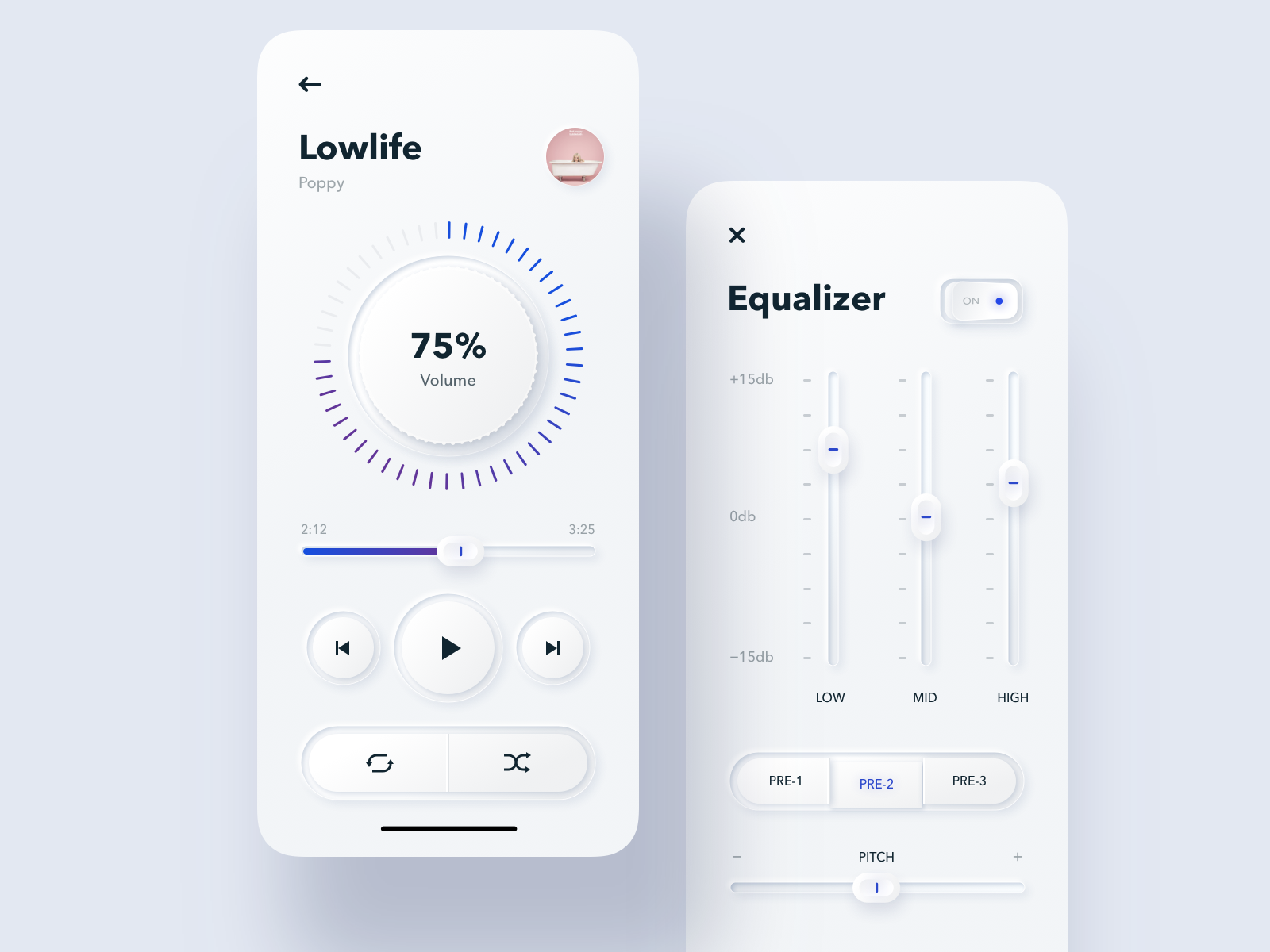Apple needs to take the software compatibility issue seriously if they want this move to succeed. Longer battery life and more durable parts are nice, but those benefits pale in comparison to the time and money companies are not willing to spend to make their software compatible with a new software architecture.
Transition between architectures needs to be as easy as possible, if companies need to dedicate a full team of software devs for several months to make things work it'll be a hard sell.
Luckily I work with software that is pretty platform agnostic so I'm not attached to any single platform at work.
Transition between architectures needs to be as easy as possible, if companies need to dedicate a full team of software devs for several months to make things work it'll be a hard sell.
Luckily I work with software that is pretty platform agnostic so I'm not attached to any single platform at work.





